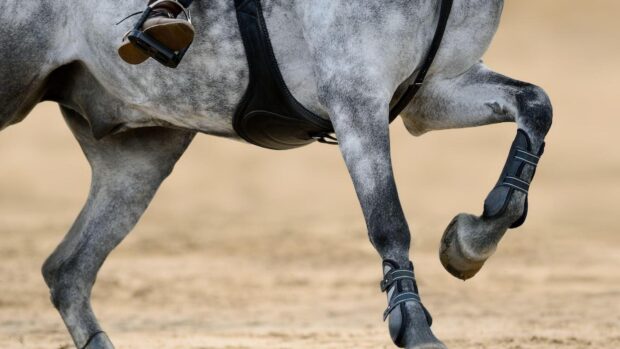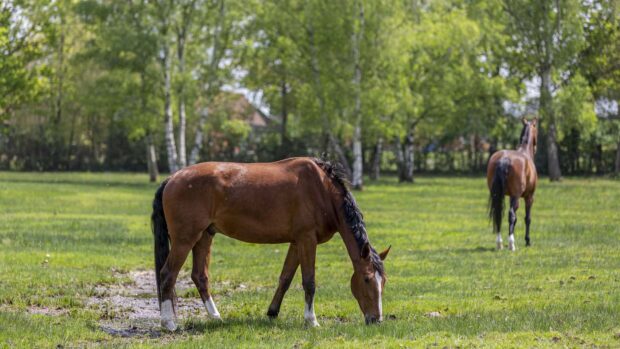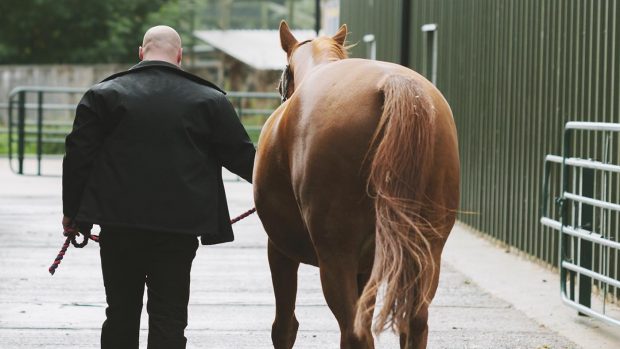“Do National Federations actively place welfare at the heart of their strategies?” This was the question posed by Roly Owers, chief executive of World Horse Welfare, at the recent FEI general assembly, as he called for horse sport to “challenge the status quo”.
World Horse Welfare has been an advisor to the FEI for around 30 years — and the organisation believes welfare is integral to the growth of equestrian sport.
But is the sport doing enough to help itself?
The FEI code of conduct dictates that the welfare of the horse should be paramount above all other considerations.
“But do we really do this?,” asked Roly.
“In so many situations, if we are honest with ourselves, the answer might be no, or at the very least we could do better.” Roly said. “World Horse Welfare recognises that the welfare standards in FEI sport are very high indeed. Sport today cannot flourish without that guarantee. But are we really challenging the status quo enough?
“It’s no secret that some FEI disciplines have come under the spotlight for dubious welfare,” he added. “There are some clear red lines – equine doping, excessive injury rates, preventable fatalities and a general flouting of the rules are quite simply a flagrant abuses of equine welfare.
“Increasingly, people worldwide will not tolerate this abuse of animals for entertainment.”
Roly also encouraged federations not to hide from social media but to embrace it for the sport’s benefit.
“Social media is here to stay and will become ever more influential,” he added.
“The challenge is for horse sport to use social media more effectively, and proactively. Unless we do, the reputation of all sport will be tarnished.”
The FEI told H&H that it is in support and that all National Federations have signed up to the FEI code of conduct.
“We are also in constant communication with National Federations on all aspects of horse welfare,” added a spokesman.
“At key points in the year, such as at the FEI General Assembly and the FEI Sports Forum, the FEI also ensures that National Federations meet face-to-face with key welfare partners, including World Horse Welfare, to share and hear views on protecting the welfare of horses.”





